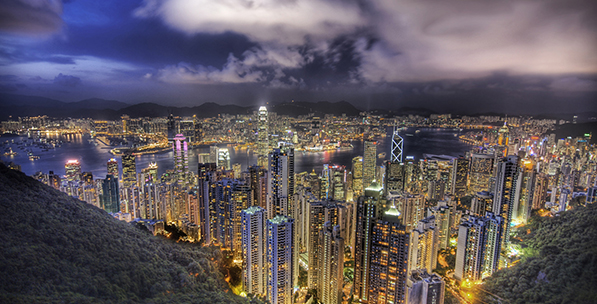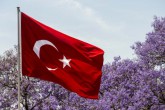In 1947 Joseph Schumpeter drew attention to the destructive as well as transformative effects of megaprojects, calling them “creative destructions.” Thus, while mega projects attempt to rapidly and radically change the environment, it is not just the funders or the politicians that have a stake in this transformation, but also civil society. However, recently in Turkey, the projects that are being developed for the “common good” are being affected by ideological polarization. The third bridge, the third airport and the Kanal Istanbul projects, known as the “Three Mega Projects,” were heavily discussed in the public sphere throughout 2014 due to their potential to affect Istanbul’s social, economic and natural configuration. Although the discussions have dwindled, the ideological positions of the sides remain the same. The Turkish Foundation for Combating Soil Erosion (TEMA) raised objections to the projects on the basis that the city’s natural landscape should remain intact, while the Forestry and Water Affairs Ministry pushed back saying the investments were made on a legal basis. The ministry claimed that the report by TEMA, far from scientific concerns, had a simple political agenda. The main criticism was that the TEMA report had evaluated all three projects as one, not discussing each separately.
The total rejection of all projects by the TEMA report was criticized by politicians and academics alike. Environmentalist organizations’ negative reactions to the projects reflected a political stance against the Justice and Development Party (AK Party). They treated the projects as political investments made by the party rather than projects that belonged to the city and were being carried out for the use of its residents. This kind of treatment was adopted by various segments of society ranging from political parties to media and nongovernmental organizations. Tracing ideological attitudes of the political parties to the mega projects via Kanal Istanbul, we see that while the AK Party, as the owner of the project, uses phrases such as “an alternative Bosporus” and “no turning back, construction is in progress,” the Republican People’s Party (CHP) says: “Turkey needs intellectual people, not mad men.” The Nationalist Movement Party (MHP) claimed “services that would have provided more good to the people should have been carried out” while Peace and Democracy Party (BDP) called it “an unrealizable project, the Social Democratic Populist Party (SHP) claimed that “the ambitious project [Çılgın Proje] was ours.” The Great Union Party (BBP) announced: “We shall confront the ambitious project with our feasible/realizable project” and the Greens and the Left Future Party (YSGP) called them “unnecessary projects made on the basis of personal interests.” The same type of polarization was observed in environmentalist organizations and the media’s discourse as shown below.
The apparent reason as to why environmentalism in Turkey has not been able to substantially influence either politics or public opinion despite growing numbers of environmentalist organizations and general awareness is the political language of their discourse. Environmentalist movements, due to their nature, cannot expect to remain outside of the political sphere. Still, surrendering to use the low language of common political discourse renders their power in a way to prevent certain actions ineffective. The debates on the three mega projects could be roughly split into two main sides; those who claim the ruling party’s irresponsibility harms nature and those who argue environmentalist organizations are lying. Transport, Maritime and Communication Minister Lütfi Elvan’s tense response to the criticism in the first few months of 2015, concerning the land on which the third airport was being built, serves as a manifestation of the nature of these debates. Elvan said environmental concerns were taken into consideration, and at least 10 times more than the amount of trees that had been cut were to be replanted. He said he found it diffic



